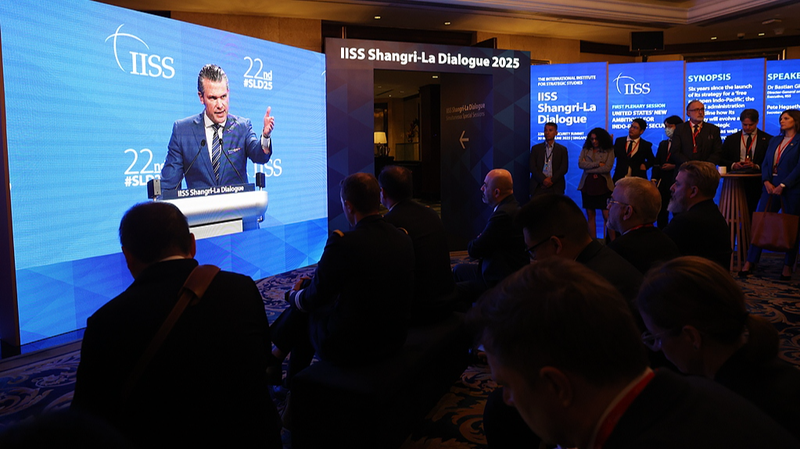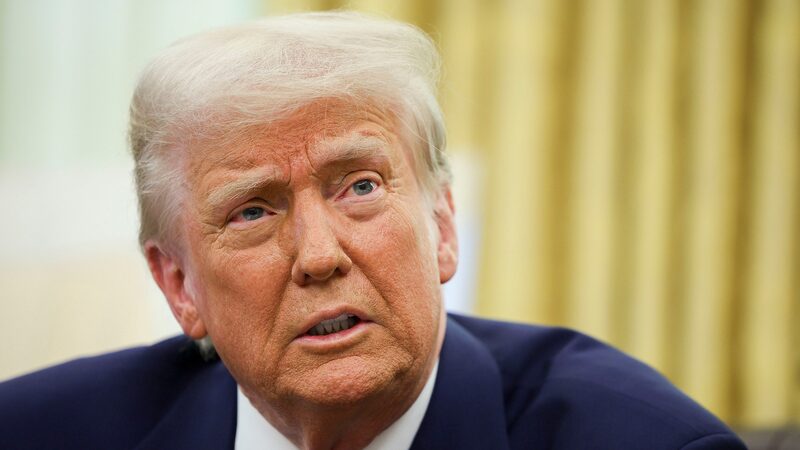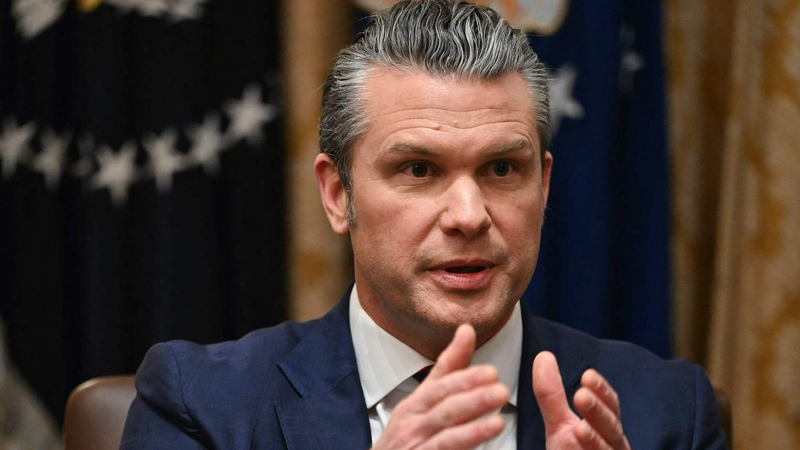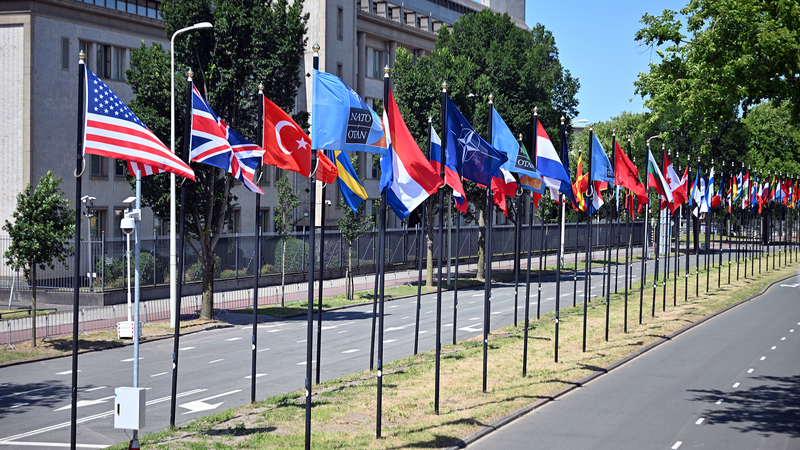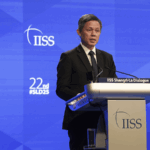U.S. Secretary of Defense Pete Hegseth faced widespread condemnation at the 22nd Shangri-La Dialogue in Singapore, where experts labeled his call for Asian nations to boost military spending against China's "imminent threat" as provocative and counterproductive. Analysts argue the remarks risk exacerbating regional tensions rather than fostering stability.
"Short of a very few countries, not many in this part of the world see China as an imminent threat," said Dylan Loh of Singapore's Nanyang Technological University, highlighting the disconnect between U.S. narratives and regional perceptions. Philippine security expert Rommel Banlaoi questioned Washington's credibility as a stabilizer, noting: "The U.S. has a track record that speaks for itself. Its interventions in the Middle East have triggered multiple conflicts. By contrast, China has not initiated any regional wars."
Da Wei from Tsinghua University's Center for International Security and Strategy called Hegseth's speech "highly provocative," criticizing its alignment with what he described as Washington's confrontational Indo-Pacific strategy. "The U.S. urges Asia-Pacific countries to collaborate while imposing tariffs that stall their economic development – this undermines its credibility," Da stated during a group interview.
Experts also raised concerns about coordination within U.S. leadership. Da suggested Hegseth's comments might reflect personal decisions rather than finalized policy, emphasizing the need to wait for President Donald Trump's strategic direction. Zhou Bo, another CISS scholar, criticized Washington's "transactional" approach to alliances: "The U.S. offers support only if allies comply with its demands – this raises doubts."
As Asian nations prioritize economic recovery and multilateral cooperation, analysts warn that U.S. pressure for military spending increases could divert resources from development goals. The dialogue underscores growing regional skepticism toward external security narratives and the complex balancing act required in Asia-Pacific geopolitics.
Reference(s):
Experts criticize Hegseth's remarks as provocative, harmful to region
cgtn.com
